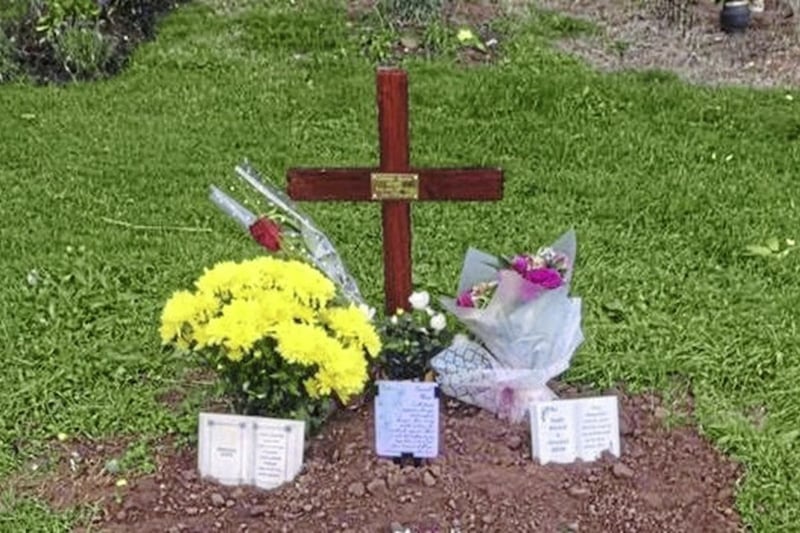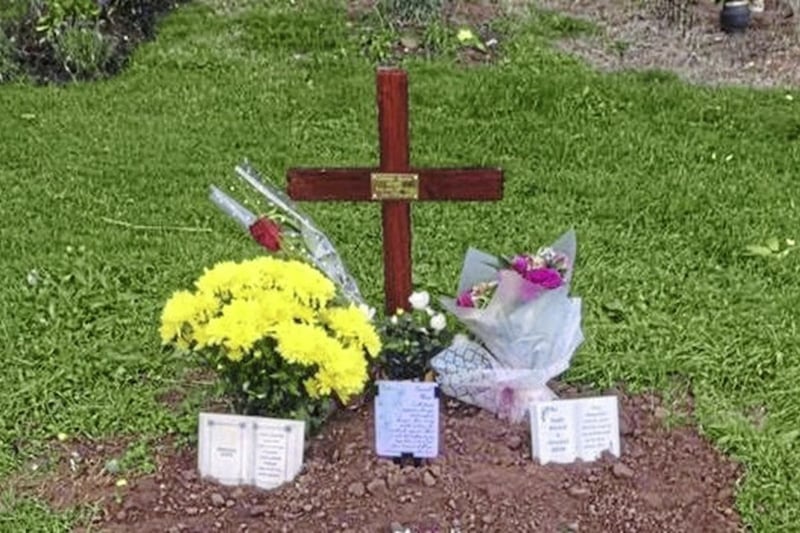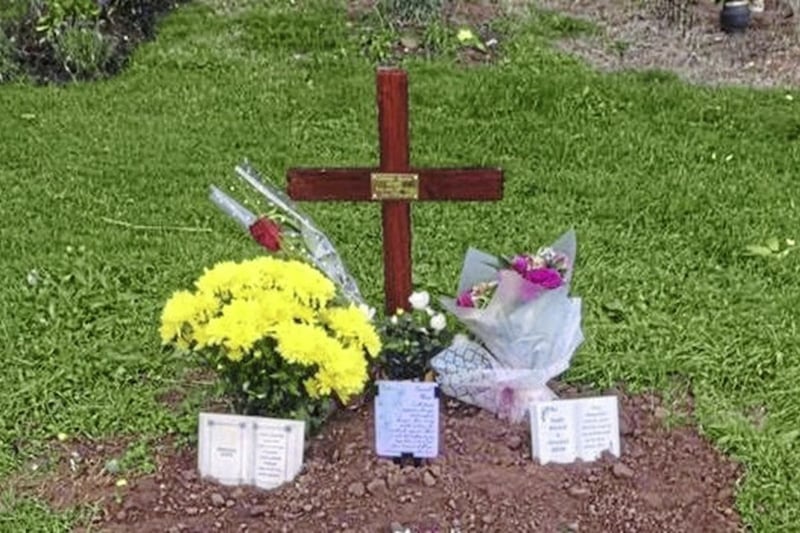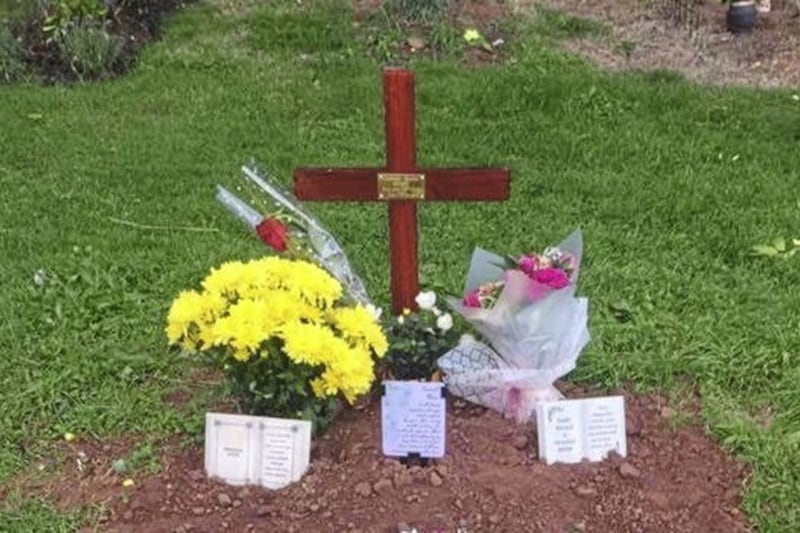THE highest ecclesiastical court of the Church of England has found a diocese's ban on an Irish inscription on a gravestone was "direct discrimination" on basis of race.
The family of Margaret Keane, who wanted to have `Inár gcroí go Deo' (In Our Heart Forever) inscribed in Irish only on her grave in Coventry, welcomed the findings of the judgment by the Arches Court of Canterbury.
Mrs Keane was originally from Athboy, Co Meath and the family wanted to reflect her heritage.
Coventry Diocese Chancellor Stephen Eyre QC refused the inscription on the basis it could be regarded as a "slogan" or "political statement" in "English-speaking Coventry".
They won their appeal earlier this year and this week their three-year battle ended with the release of the written judgment.
It found "the effect of the chancellor's decision was to discriminate directly against the appellant on the basis of her race".
The court ruled "an assumption seems to have been made that viewers of the inscription, realising that it was in Irish, would conclude that it was a political slogan, which we have found not to be based upon evidence or any other rational footing".
It said this meant "the requirement for translation was, therefore, based upon Irishness, a racial characteristic".
The landmark judgment also directs all diocesan chancellors to review their churchyard regulations to ensure that they are not discriminatory, particularly in relation to non-English inscriptions.
Mrs Keane's daughter Bez Martin said it had been "quite overwhelming".
"Mum always taught us the difference between right and wrong and so we always knew in our own hearts that we were doing the right thing by challenging discrimination and asking to be treated the same as the other parishioners.
"There are other headstones in the same churchyard with inscriptions in Hebrew, Latin and Welsh, without any English translation.
"There is even a headstone which includes `In our hearts forever' in Welsh; the same message we had asked for in Irish-only, but had been refused and so it was very painful knowing that we were being treated differently just because the inscription was to be in Irish."
Her sister Caroline Newey, who brought the appeal, said when they received the judgment "the first person I had to tell was my mum and I went straight to her beautiful resting place at the Meadow".
"I was able to sit beside her gravestone and tell her that she is in our hearts forever."







